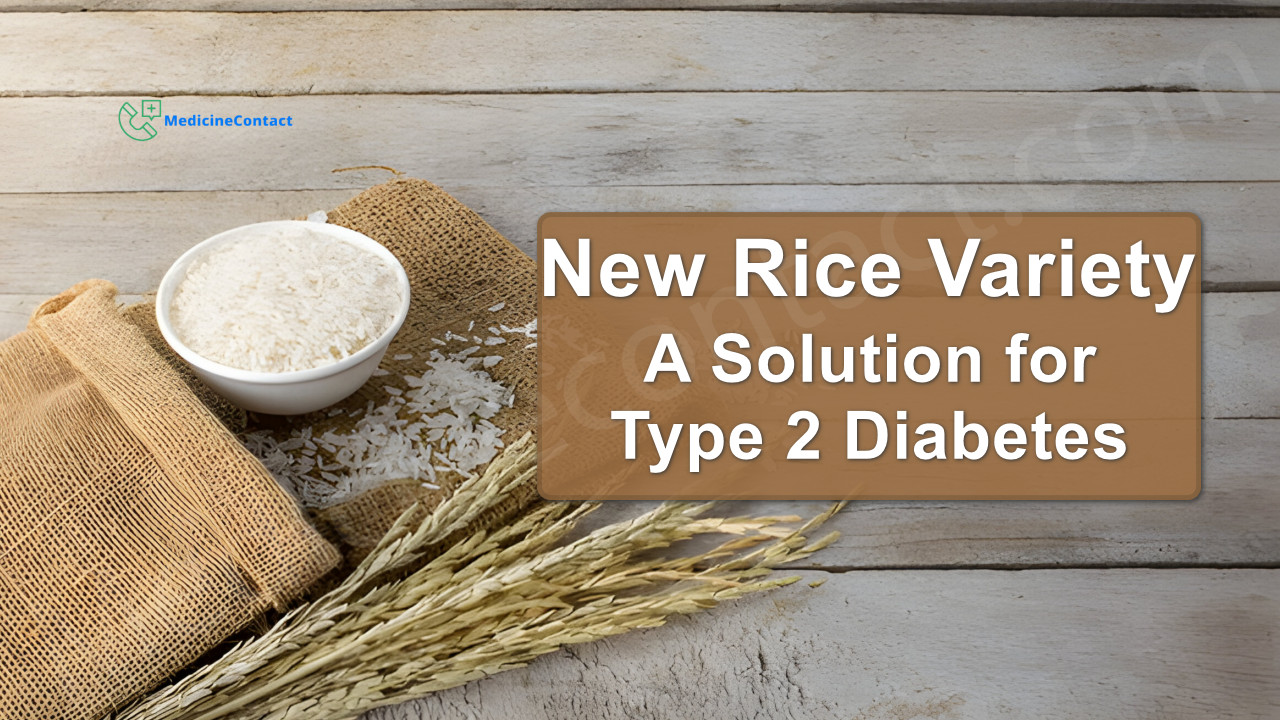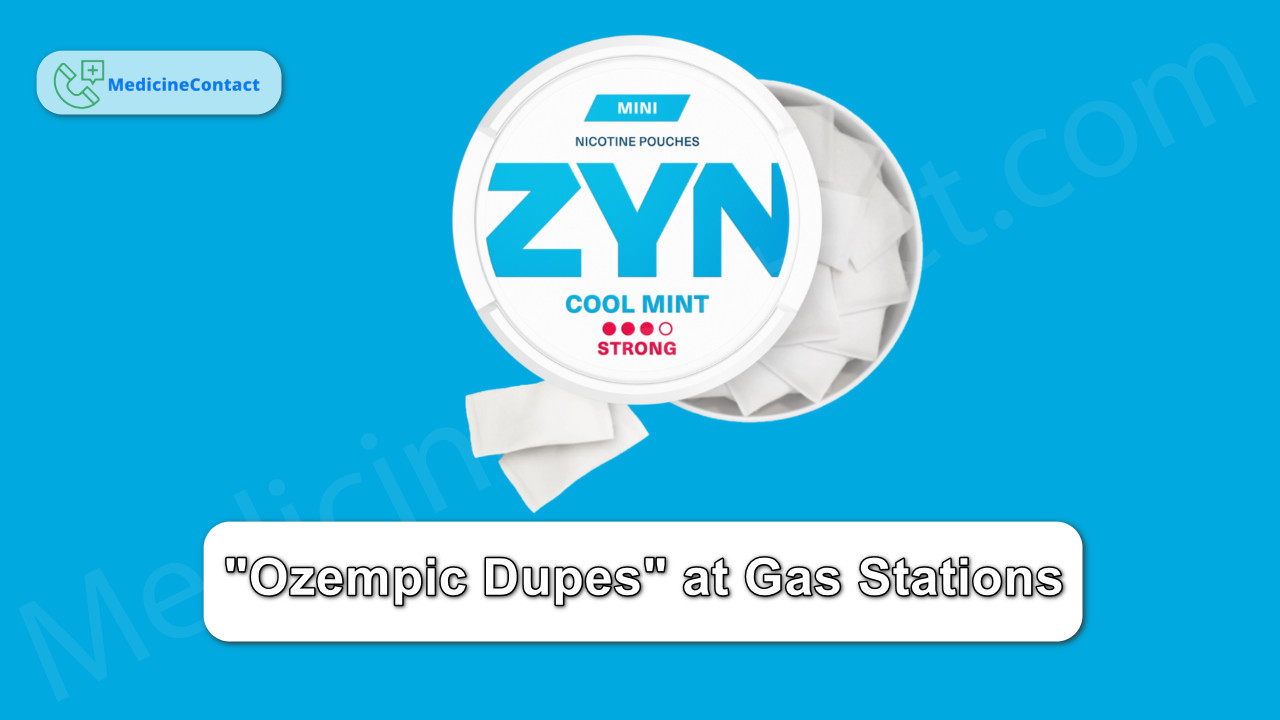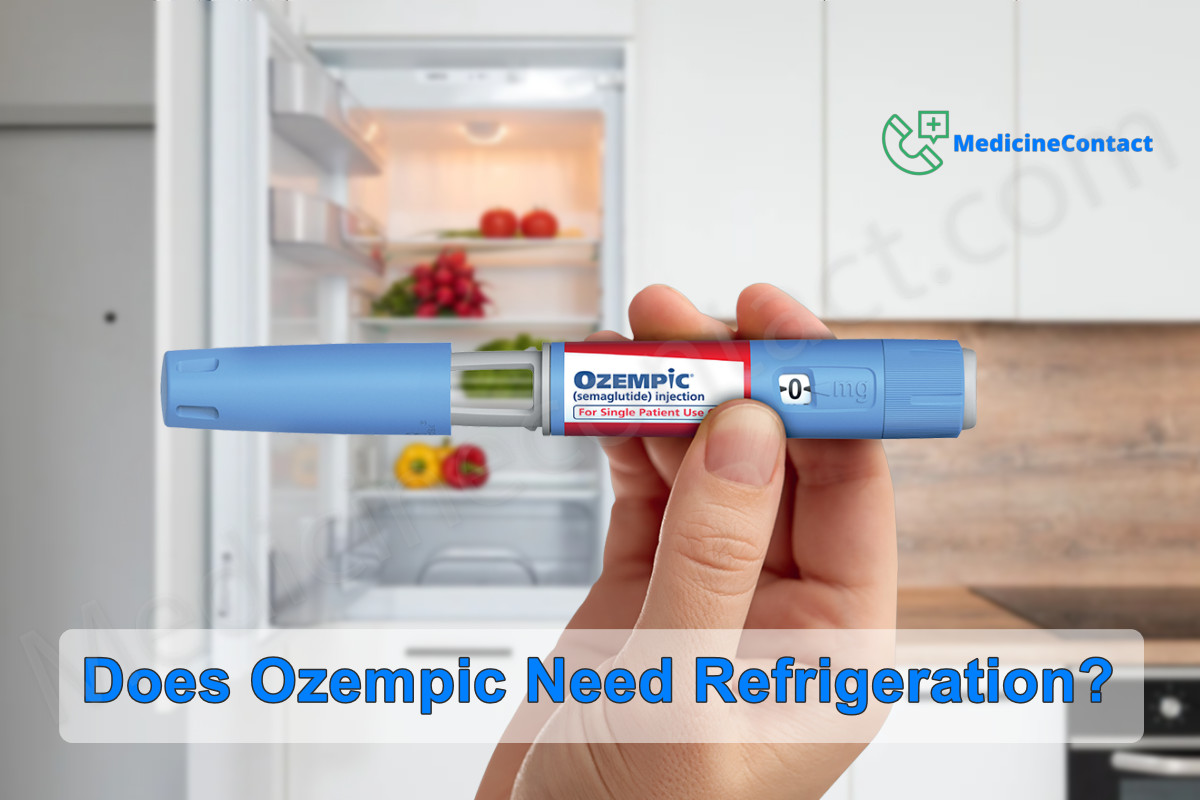The Rising Cost of Prescription Insulin and the Search for Alternatives
The high cost of prescription insulin has put tremendous financial strain on people with diabetes in recent years. A vial of popular fast-acting insulin like Humalog or Novolog can cost over $300 without insurance. Even those with health insurance coverage can face high copays and deductibles that make affording insulin difficult. This has led many to search for cheaper over-the-counter options to meet their insulin needs.
The Appeal of Over-the-Counter Insulin Sold at Walmart
For years, Walmart has offered older versions of insulin under their ReliOn brand name without a prescription. These include short-acting (ReliOn/Novolin R) and intermediate-acting (ReliOn/Novolin N) insulins. A vial costs only around $25, which is over 90% less than many prescription insulins. This significant savings understandably has considerable appeal for those struggling to pay for their medication.
The lower price and over-the-counter availability also makes these insulins an option for those who lack prescription drug coverage. Being able to walk into any Walmart pharmacy and buy insulin without insurance or going through the process of obtaining a prescription improves access for some.
For travelers, having the ability to purchase insulin easily without coordinating prescriptions can provide reassurance as well. Knowing you can walk into any Walmart across the United States and buy insulin over-the-counter gives peace of mind when away from home.
Drawbacks of Older Insulins Like ReliOn
However, there are some significant drawbacks associated with the older insulins sold by Walmart that users need to be aware of.
A major limitation is that these are short-acting (ReliOn/Novolin R) and intermediate-acting (ReliOn/Novolin N) insulins. They do not include long-acting basal insulins or rapid-acting mealtime insulins that more closely mimic natural pancreatic insulin production. This makes maintaining stable blood sugar levels more challenging compared to modern insulin analogues.
The intermediate-acting insulins also have a pronounced peak in activity 2-4 hours after injection that can increase hypoglycemia risk. Managing this peak requires careful timing of meals and activities.
Being older insulins, ReliOn/Novolin products use a purified pork-based formulation rather than synthetically produced human insulin analogues. Some users report increased injection site pain or allergic reactions compared to modern insulins.
There are also concerns over consistency between batches with the Walmart insulins. Small variations in the manufacturing process can lead to fluctuations in potency and absorption. This can make determining proper dosing more difficult compared to the highly consistent purity of newer insulins.
Strategies for Using Over-the-Counter Insulin Safely and Effectively
For those considering using ReliOn or Novolin insulin purchased over-the-counter, there are some steps you can take to use them as safely and effectively as possible:
- Consult your physician - Discuss your plan to use OTC insulin with your healthcare provider to make sure it is appropriate for your situation.
- Monitor glucose closely - Check blood sugar levels frequently to guide dosage adjustments and spot dangerous highs or lows.
- Adjust diet - Plan meal timing and carbohydrate amounts carefully to account for peak activity.
- Have glucagon on hand - Keep glucagon injection kits available to rapidly treat severe hypoglycemia.
- Start conservatively - When switching insulins, begin with lower doses and titrate gradually to avoid overdose.
- Inspect vials - Check for changes in appearance or performance between vial batches.
- Avoid intense exercise - Reduce risk of hypoglycemia by avoiding unusually strenuous activity after dosing.
- Inform friends/family - Make sure close contacts are aware you are using OTC insulin in case of emergencies.
The Push for Over-the-Counter Approval of Newer Insulins
While the older insulin products offered by Walmart provide an affordable alternative, many patient advocates argue that newer, more advanced insulins should also be made available over-the-counter. Here is some background on the effort to gain OTC approval for newer insulins like Humalog, Novolog and Lantus.
Potential Benefits of Wider OTC Insulin Access
Supporters point to several important benefits that could come with providing OTC access to newer insulin analogues:
- Improved glucose control - Newer OTC insulins could offer better blood sugar stability.
- Fewer injections - Longer-acting insulins require fewer daily injections.
- Lower complication risks - Tighter control may lower risks for complications.
- Increased affordability - Greater competition could make prices more affordable.
- Improved access - More options for purchasing could increase access.
For many, the potential for over-the-counter insulin to improve outcomes for more people in a more affordable way makes it a worthy cause to champion.
Concerns Regarding Safety of OTC Insulin Access
However, there are also concerns regarding the safety of providing wider over-the-counter access to newer insulins that have tempered regulatory approval:- Hypoglycemia risks - Broader availability outside of physician supervision may lead to improper use and dangerous low blood sugar episodes.
- DKA risks - OTC access without medical oversight could also increase occurrences of diabetic ketoacidosis if insulin dosing is not managed well.
- Affordability issues - There are questions about whether making insulins OTC would truly lower costs or simply shift more of the burden to patients.
- Supply challenges - Longer-acting insulins require constant refrigeration, which complicates storage and distribution outside of pharmacies.
Concerns that increasing access without the necessary medical guidance could inadvertently lead to dangerous complications has contributed to reluctance by regulators to approve wider OTC insulin availability.
The Outlook for Future Over-the-Counter Insulin Options
Progress towards getting newer forms of insulin approved for OTC sale has been slow but is gaining momentum. Here are some of the recent developments that provide hope more options may become available in the future.
Walmart's Bid for OTC Insulin Approval
Walmart has submitted an application to the FDA requesting that their ReliOn brand Novolog insulin vials and flex pens be granted over-the-counter status. If approved, it would mark the first OTC rapid-acting mealtime insulin option. Given Walmart's track record with affordably priced OTC insulin, this could significantly improve access and cost-savings if successful.
Mark Cuban CostPlus Drugs
Billionaire investor Mark Cuban recently launched an online pharmacy called CostPlus Drugs that aims to offer steep discounts on prescription drugs. They have applied for FDA approval to offer a broad range of prescription insulin products including Humalog and Basaglar over-the-counter at a fixed 15% markup over manufacturing costs. Approval could set an important precedent in offering newer OTC insulin affordably.
State-Level OTC Insulin Access Legislation
A growing number of states have passed or are considering legislation to improve access to OTC insulin options for their residents. Bills typically direct state agencies to identify and implement ways of securing supplies of affordable insulin to distribute or sell over-the-counter without prescription. Momentum at the state level could increase pressure for more OTC approvals.
Changes in Federal Regulatory Approach
The FDA has recently indicated an increased willingness to consider over-the-counter drug approvals when increased access would have significant public health benefits and risks could be reasonably managed. This shifting mindset could pave the way for reevaluating strict prescription requirements for insulins. The FDA may seek creative ways to balance widening access with measures to ensure safe use.
In summary, regulatory and commercial developments suggest that expanded over-the-counter insulin options are on the horizon. However, progress is likely to continue at a measured pace as new models of distribution and oversight evolve to address safety concerns. But for the millions dependent on insulin, wider access to affordable options over-the-counter can’t come soon enough.
FAQs
What types of insulin are currently available OTC?
The only insulins currently available over-the-counter are older formulations like short-acting regular (ReliOn/Novolin R) and intermediate-acting NPH (ReliOn/Novolin N) insulin sold affordably under the ReliOn brand name at Walmart pharmacies.
Does Walmart insulin require a prescription?
No, ReliOn insulins sold at Walmart pharmacies are available without a prescription. You can purchase them off the shelf without a doctor's prescription.
What are the drawbacks of Walmart insulins?
Limitations include an increased risk of hypoglycemia due to pronounced peak, greater injection pain, and less consistency compared to newer analog insulins. They do not include long-acting or rapid-acting insulins.
Why aren't newer insulins available OTC?
There are concerns that broader OTC access to newer insulins could lead to misuse and dangerous complications without proper medical guidance. Regulators have prioritized safety over access so far.
Could insulin eventually become available OTC at more pharmacies?
There is growing momentum to expand access to affordable OTC insulin options. Walmart, Mark Cuban's CostPlus Drugs and state legislatures are pushing for wider over-the-counter availability.
Disclaimer: This article is for informational purposes only and does not constitute medical advice. Always consult with a healthcare professional before starting any new treatment regimen.




